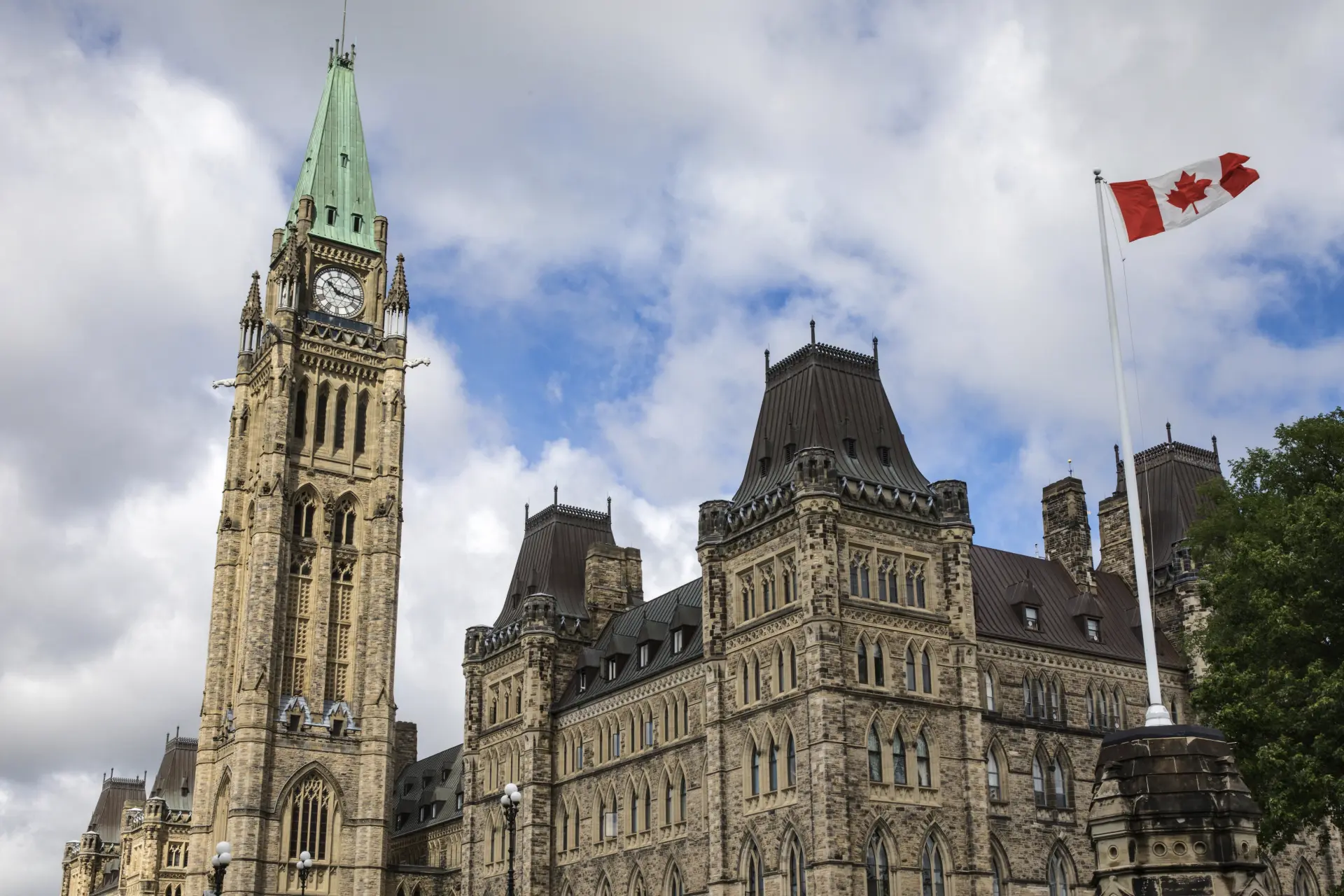Government Extends CERB and Announces New COVID-19 ‘Recovery’ Financial Benefits

Today, Federal Ministers Carla Qualtrough (Employment, Workforce Development and Disability Inclusion) and Chrystia Freeland (newly appointed Minister of Finance & Deputy Prime Minister) announced the next steps in the government’s plan to provide support to individuals whose ability to work has been impacted by the COVID-19 pandemic.
Extension of theCanada Emergency Response Benefit (CERB)
Minister Qualtrough indicated that the CERB will be extended by an additional four weeks to a maximum of 28 weeks. The extension means eligible recipients can access CERB until the end of September before being transitioned to either the extended EI program or the Canada Recovery Benefit (both detailed below).
Changes to the Employment Insurance (EI) Program
- As of September 27th, the federal government will be transitioning to a simplified Employment Insurance (EI) program for one year.
- The following temporary measures will be added to help individuals access EI benefits more easily:
- individuals who receive EI will be eligible for a minimum benefit rate of $400 per week, or $240 per week for extended parental benefits;
- the threshold of work hours required to qualify will be lowered to a minimum of 120 hours; and,
- EI will be extended to at least 26 weeks of regular benefits.
- In addition, the government will freeze the EI insurance premium rates for two years.
New Income Support Benefits
The Government also unveiled its plans to introduce three new recovery mechanisms effective for one year beginning on September 27th, 2020.
- Canada Recovery Benefit: Would provide a benefit amount of $400 per week for up to 26 weeks to workers who are not eligible for EI, mainly the self-employed and those working in the gig economy. Like those individuals on EI, individuals will be able to earn more income while receiving the benefit and will have access to employment and training tools and services.
- Canada Recovery Sickness Benefit: Would provide $500 per week, for up to two weeks, for workers who are unable to work because they are sick or must self-isolate due to COVID-19. This benefit would be available only to individuals without paid sick leave through their employer.
- Canada Recovery Caregiving Benefit: Would provide $500 per week, for up to 26 weeks per household. To be eligible individuals must have been unable to work for at least 60% of their normally scheduled work within a given week because they must provide care to a child or a family member with a disability or a dependent.
The details on each of these three new programs can be found here.
The benefits reforms announced are estimated to cost $37 billion. While the 4-week extension of the CERB and temporary changes to the EI program can be enacted via regulatory changes, the creation of the three recovery benefits will require legislation to be passed by Parliament. Ministers Freeland and Qualtrough indicated legislation will be tabled once Parliament resumes on September 23rd.


